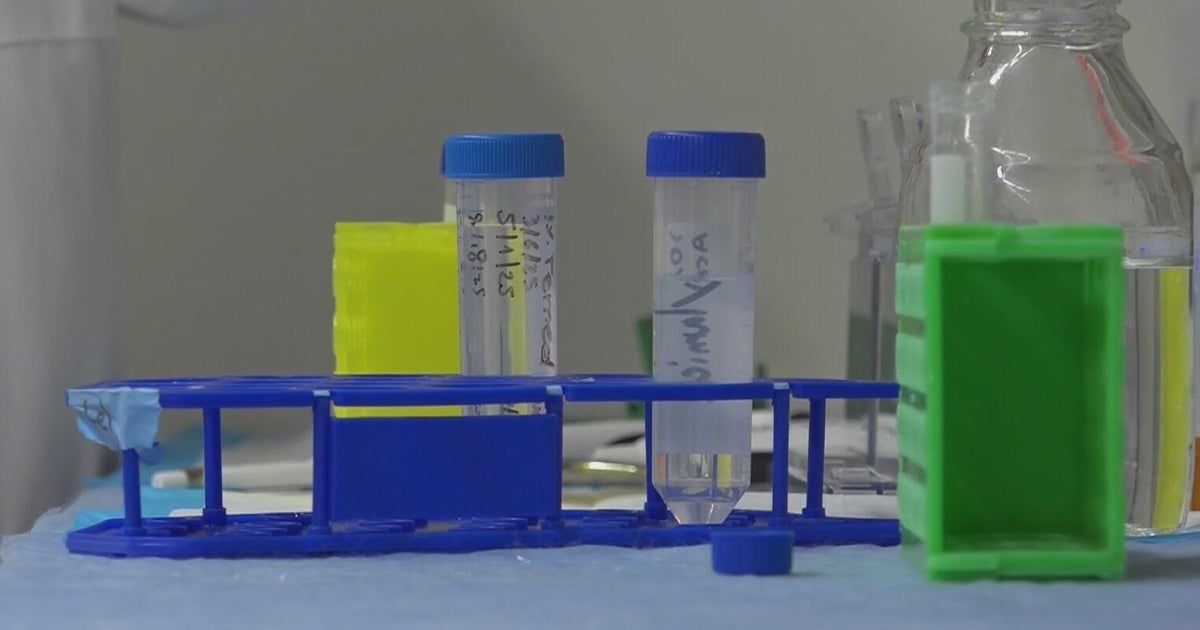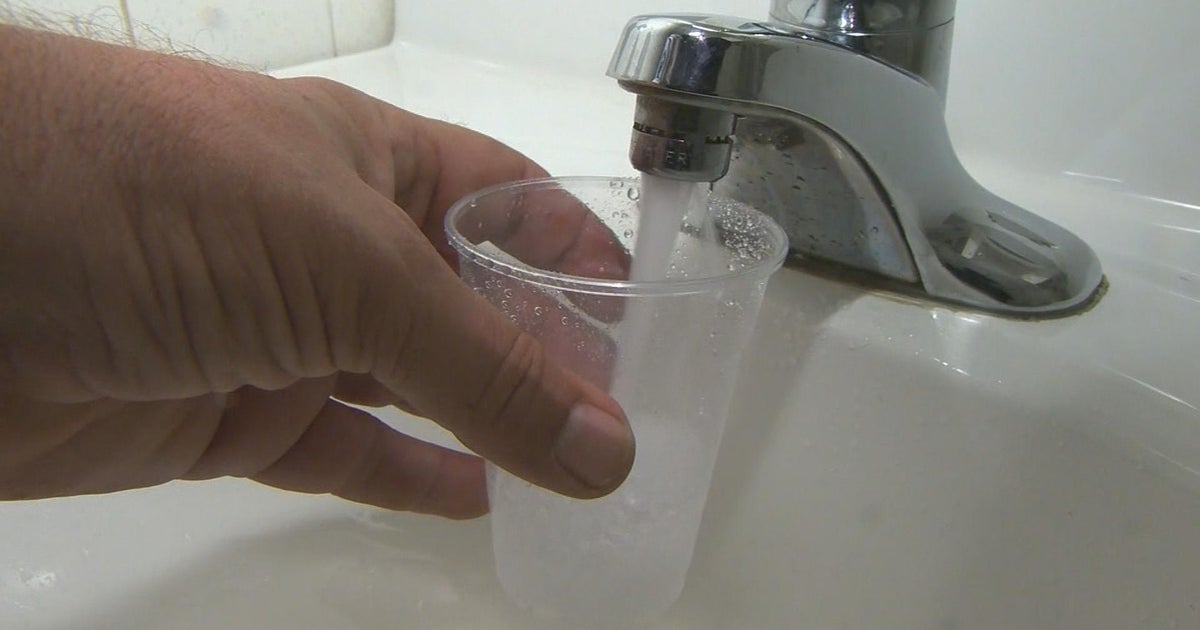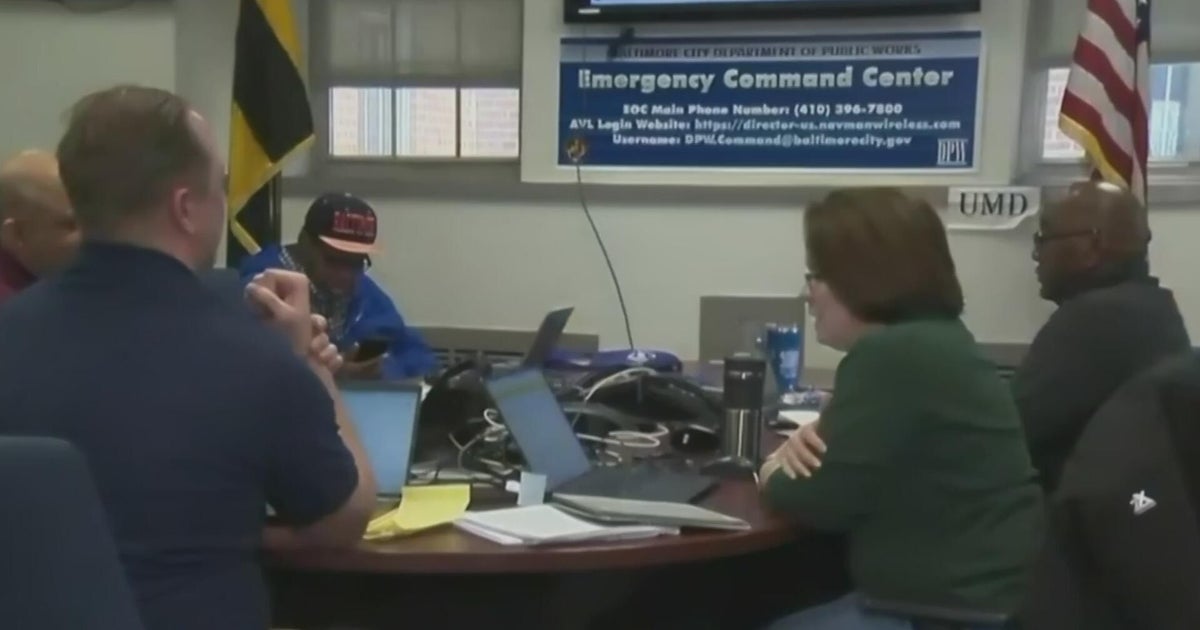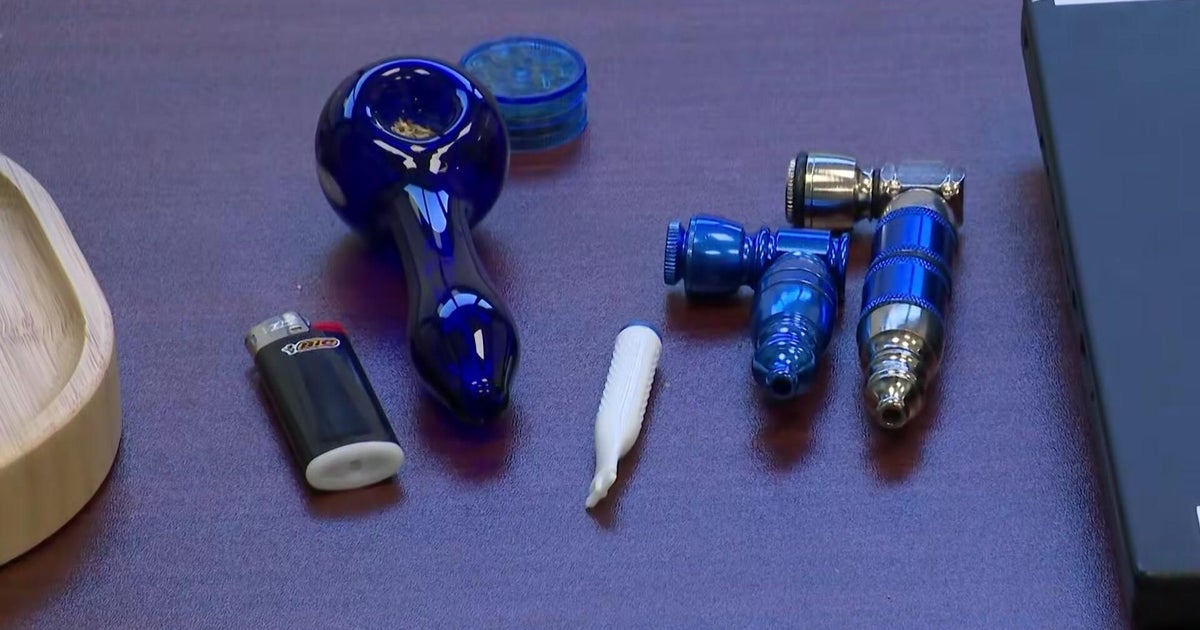Study: People Who Only Drink Bottled Water Ingest 90,000 Microplastic Particles Per Year
FLINT, Mich. (WJRT) - Studies show humans consume tens of thousands of tiny, little pieces of plastic each year known as microplastics. But if you're drinking water primarily from plastic water bottles, that number increases significantly.
A new study published in the Environmental Science & Technology journal found Americans ingest between 74,000 and 121,000 microplastic particles each year through what they breathe in, drink or eat depending on age or sex.
For someone in Lendra Brown's shoes, who primarily drinks bottled water, the intake of microplastics jumps to 90,000 particles annually. Compare that to 4,000 microplastics annually for those who drink only tap water.
Brown uses about 10 to 15 bottles of water each day to complete regular tasks such as bathing and cleaning food, and that is not counting what her husband may need for his personal use.
Brown and other people living in Flint have been told by Mayor Karen Weaver to continue using water filters and bottled water while lead and galvanized pipes are being replaced. It's a contrast from what federal officials have said in recent months. After the latest round of testing, both the state and the EPA say Flint water now meets federal water quality standards.
"I think that the citizens, residents of Flint, are undervalued to keep us in this type of state for all these years," Brown said.
The city's goal is to have all lead-tainted lines replaced by the end of this year. But until she trusts that the water is safe, Brown says drinking bottled water will be her reality. She explained how she feels about it.
"Fear, fear, wanting a way out of it - of being exposed to having this sense of two evils," Brown said. "That's a main concern, and I actually feel helpless, but I have no other alternative."
The other 'evil' she's referring to is plastic.
"It is well known that plastics give off chemicals, outgas chemicals, from what they're made from, and the plastic does deteriorate over time," said Dr. Alfred Johnson.
Dr. Alfred Johnson is an Osteopathic Physician from the Dallas area. He is also a part of the Johnson Medical Associates medical clinic. With 40 years experience in practicing environmental medicine and understanding toxic exposures, he weighed in on the microplastics study.
"The study is credible, and when they went back and reviewed...in the study they looked at 26 different publications about particles in water from plastic bottles and they're from credible sources," Johnson said. "What these people looked at were just the small plastic particles which is that deterioration and how much actually ends up in the water and in your system over a period of time."
But there are alternatives to plastic, and one is right in downtown Flint.
"We get calls from all over the country to be honest with you from people who want us to ship them the water. But shipping water would be so costly because it's heavy," said Susan Beattie, owner of The Grainery.
Heavy because of the glass. That's how organic grocery store The Grainery has packaged its filtered alkaline PH balanced water from the beginning.
"Since the technology came to the United States, which was 27 years ago, that's when we started doing it," Beattie said.
Beattie, along with her husband, sells Alkaline water that helps your body to fight off toxins and chemicals it may be exposed to. She says packaging it in plastic would make the product less effective, so sheck packages the water in glass bottles.
"We only ever have bottled it in glass because plastic is made from petrochemicals, and any time you put water in whatever vessel you put it in, it will leach from that vessel, whether it's aluminum or plastic or whatever," Beattie said. "People bring their bottles in. We fill them. And again, no plastic bottles to be thrown away. And plastic should never be re-used. You can't sanitize plastic."
A small glass is $2.50 and a large one is $6.75, and refills are far cheaper.
For those who do not choose to drink out of a glass or from the tap, what can be done to lessen the amount of microplastics entering their system? Dr. Johnson says one key is how you store plastic water bottles.
"So the message to the people drinking bottled water: you want to look for bottles that are BPA-free and you want to keep them out of the heat because heat does cause bottles to deteriorate," Johnson said.
While Dr. Johnson says the study is credible, he stresses that far more research needs to be done to figure out how these small particles of plastic are impacting your health.
Brown is not only concerned about her welfare but also for her community, specifically those who live across Pierson Road. She's lived and worked in Flint for 30 years. Her husband retired from Buick, but she says money is tight. They went into the red trying to pay for issues that she says were caused by the water emergency
"We basically ended up getting a whole new kitchen, and it put us in debt because we had got a second mortgage on the house, too," Brown said. "From what I'm seeing, it's only happening to the poor."
That's why she heavily relies on donated water and appreciates those who continue to give.
"I'm so thankful that people continue and please continue to do this until we get the water situation done," Brown said.
The-CNN-Wire
™ & © 2019 Cable News Network, Inc., a Time Warner Company. All rights reserved.







